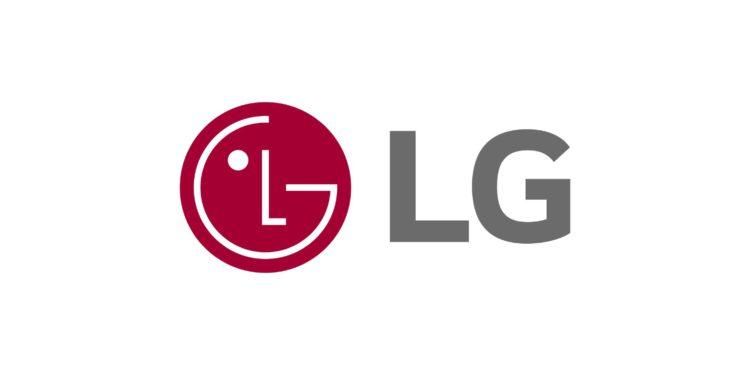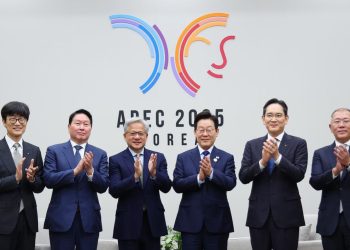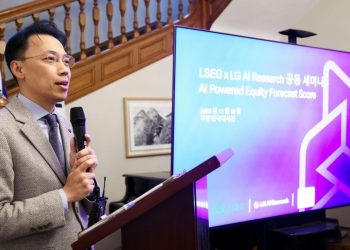General Motors (GM) and LG Energy Solution (LGES) are expanding their long-standing 14-year partnership in battery technology to include the joint development of prismatic battery cells. This strategic collaboration will support GM’s future electric vehicles (EVs) and help the automaker’s vision to diversify its battery supply chain by utilizing multiple chemistries and form factors.
Amid uncertainties in the EV market and LGES’s decision to take full ownership of their joint battery plant in Michigan, the partnership between the two companies remains focused on advancing battery technology. To meet the increasing demand for its electric vehicles, GM will continue utilizing its Ultium Cells facilities in Spring Hill, Tennessee, and Warren, Ohio, which currently produce pouch cells.
The collaboration between GM and LG Energy Solution has been crucial in advancing battery technology and creating thousands of jobs in the U.S. through their Ultium Cells partnership. The battery cells produced at the Ohio and Tennessee plants power GM’s EV lineup, including models like the Chevrolet Silverado EV, Cadillac LYRIQ, and GMC HUMMER EV.
This partnership continues to prioritize innovation, as emphasized by Kurt Kelty, GM’s vice president of battery cell and pack, who highlighted the focus on improving EV performance, enhancing safety, and reducing costs through optimized battery chemistries and form factors.
Prismatic battery cells, known for their modular design and efficient use of space, represent an advancement in battery technology. With this development, LG Energy Solution becomes the only battery manufacturer globally to offer all three primary cell formats: prismatic, cylindrical, and pouch.
Despite these advancements, the partnership faces challenges, particularly regarding GM’s decision to sell its stake in Michigan’s nearly completed Ultium Cells plant. Scheduled to begin production in early 2025, the plant’s completion has been delayed due to sluggish EV market conditions and policy uncertainties, including proposed changes to EV subsidies.
The sale, expected in 2025, is anticipated to recover approximately $1 billion of GM’s investment, while LG Energy Solution aims to fully acquire the plant, leveraging its proximity to other facilities for operational efficiency.
Although GM is scaling back investments in battery manufacturing, its collaboration with LG Energy Solution remains strong. Both companies recently signed an agreement to jointly research prismatic battery cells and core materials, marking LG Energy Solution’s first foray into prismatic battery development.
LG Energy Solution highlighted its long-standing partnership with GM through the progress already achieved. Wonjoon Suh, executive vice president and head of LGES’s Advanced Automotive Battery division, emphasized the collaboration’s focus on developing the right chemistry and battery combinations to drive growth in the EV market. The company reiterated its commitment to delivering efficient, safe, and adaptable battery solutions tailored to the diverse needs of the EV industry.
As global EV manufacturers segment markets by vehicle types, sizes, and regions, LGES aims to enhance its ability to meet varying customer demands. The company is reportedly discussing acquiring Ultium Cells’ third plant in Michigan, with plans to improve investment efficiency and operational output across its North American factories. LGES stated that further details regarding the acquisition will be announced once finalized.







